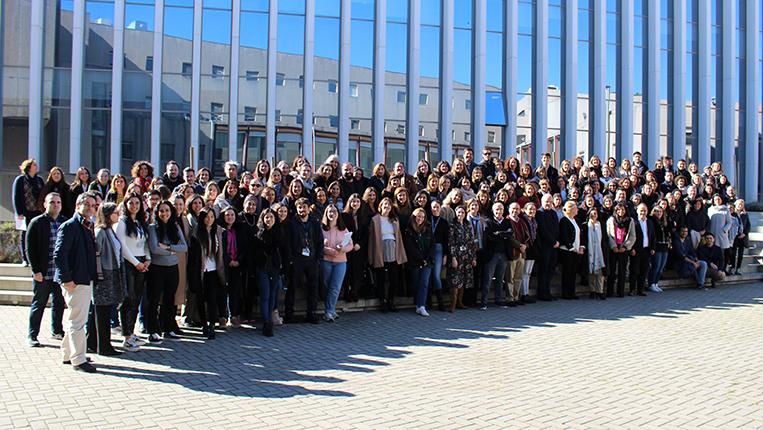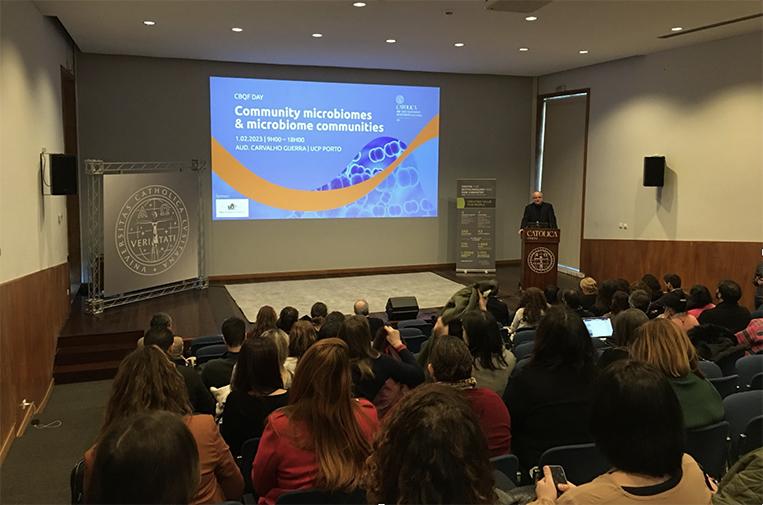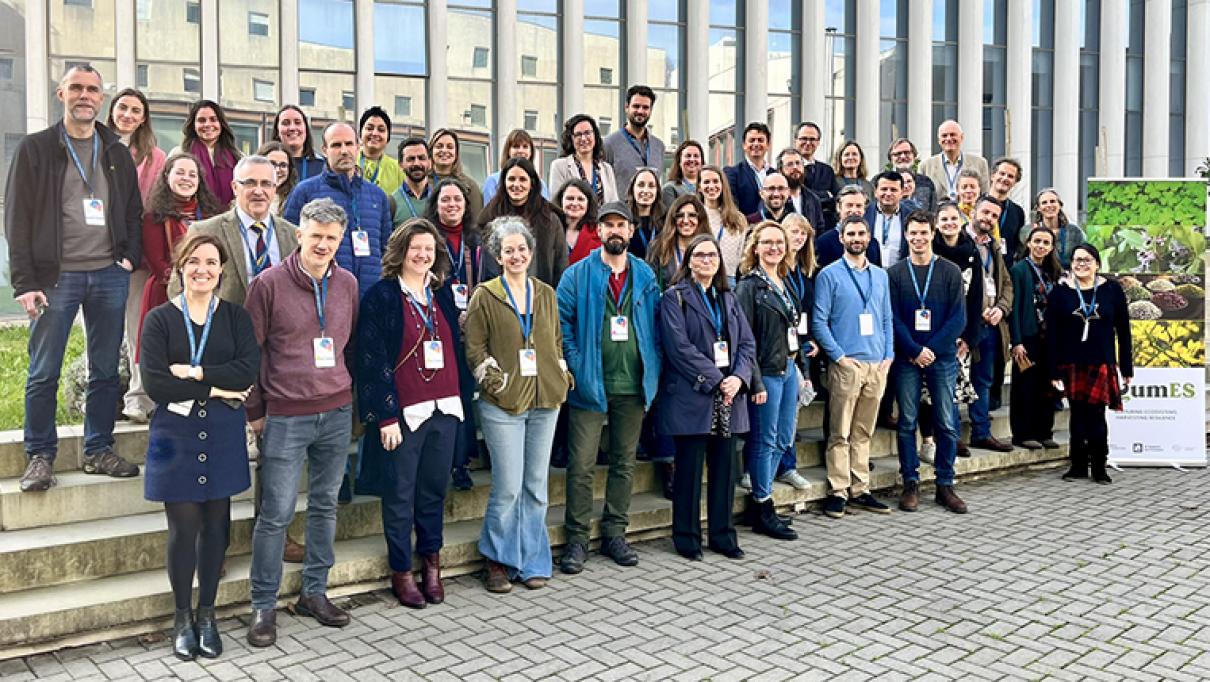Católica researchers create biosilica extracted from sugarcane
One of the largest research projects in the field of biotechnology, led by CBQF of the Faculty of Biotechnology of the Universidade Católica Portuguesa, in partnership with the company Amyris Bio Products Portugal, presented an important result: the first biosilica extracted from sugarcane with application in the cosmetic industry. An innovative ingredient that has already given rise to a product that marketed internationally.

"This first discovery that gives rise to an innovative product results from a mutual knowledge between the two entities involved - CBQF/ESB/UCP and Amyris -, from a strategic alignment, but above all from the commitment of more than 100 top-level researchers", says Manuela Pintado, CBQF researcher and coordinator of the Alchemy project in Portugal. For Manuela Pintado the multidisciplinarity of the team - bioengineering, microbiology, bioanalytical among other areas - allowed, "In two years to create a new ingredient well accepted by the market and that respects the principles of circular economy and sustainable development".
 Biosilica is obtained from sugarcane ash from the burning of by-products from sugar producing industries for energy generation, including leaves resulting from the process of harvesting the plant and bagasse, fibrous material obtained after extraction of sugar syrup. The new ingredient, the first in the world to be created with sustainable resources and to be used in the cosmetic industry, assuming itself as a sustainable and better performing alternative to traditional silica, extracted from sand, a resource with intense exploration on the planet.
Biosilica is obtained from sugarcane ash from the burning of by-products from sugar producing industries for energy generation, including leaves resulting from the process of harvesting the plant and bagasse, fibrous material obtained after extraction of sugar syrup. The new ingredient, the first in the world to be created with sustainable resources and to be used in the cosmetic industry, assuming itself as a sustainable and better performing alternative to traditional silica, extracted from sand, a resource with intense exploration on the planet.
"This ingredient makes clean cosmetics – clean beauty – even cleaner and is, so to speak, the 'first stone' of the implementation of an international innovation hub in the field of Biotechnology with a strong culture of applied science, and entrepreneurial spirit, strongly market-oriented," says Miguel Barbosa, of Amyris Bio Products Portugal. Amyris Bio Products Portugal is a subsidiary of NASDAQ-listed Amyris Inc., based in Emeryville, California. It’s CEO is luso-American John Melo.
Science at the service of the sustainability of global resources
"More than a sustainable ingredient, biosilica shows how science can help to value the waste of any industry, safeguard the sustainability of global resources and, at the same time, promote a 'clean beauty', by allowing the development of clean and safe cosmetics," explains Raquel Madureira, researcher of the project. This new product will be marketed by Aprinnova, a leading U.S. company in the field of biotechnology applied to sustainable cosmetics and partner of Amyris.
The Alchemy project, results from a strategic partnership between Universidade Católica Portuguesa, Amyris Bio Products Portugal and the Government of Portugal, through AICEP. Portugal 2020 and the FEDER Operational Program fund the project. It began in 2018 with the main goal of studying and developing new applications for the by-products/residues of Amyris fermentation processes and sugarcane production, thus enhancing the development of new molecules of high commercial interest, with emphasis on the cosmetics industry, but also for animal and human nutrition, new materials and pharmaceuticals.
For the president of AICEP, Luís Castro Henriques, "this first result that comes from the Alchemy project is very important. AICEP has been following the process since the beginning, through the R&D contract established with Amyris and Universidade Católica Portuguesa, in 2018, and we believe it will make a relevant contribution to the increase in exports with high technological intensity. The partnership with UCP is a recognition of the quality of the university system and the research capacity of Portugal and, once again, the talent Portuguese is being fundamental to the success of the project. Congratulations to Amyris and UCP!"
Categorias: Centre for Biotechnology and Fine Chemistry Escola Superior de Biotecnologia
Wed, 06/01/2021





